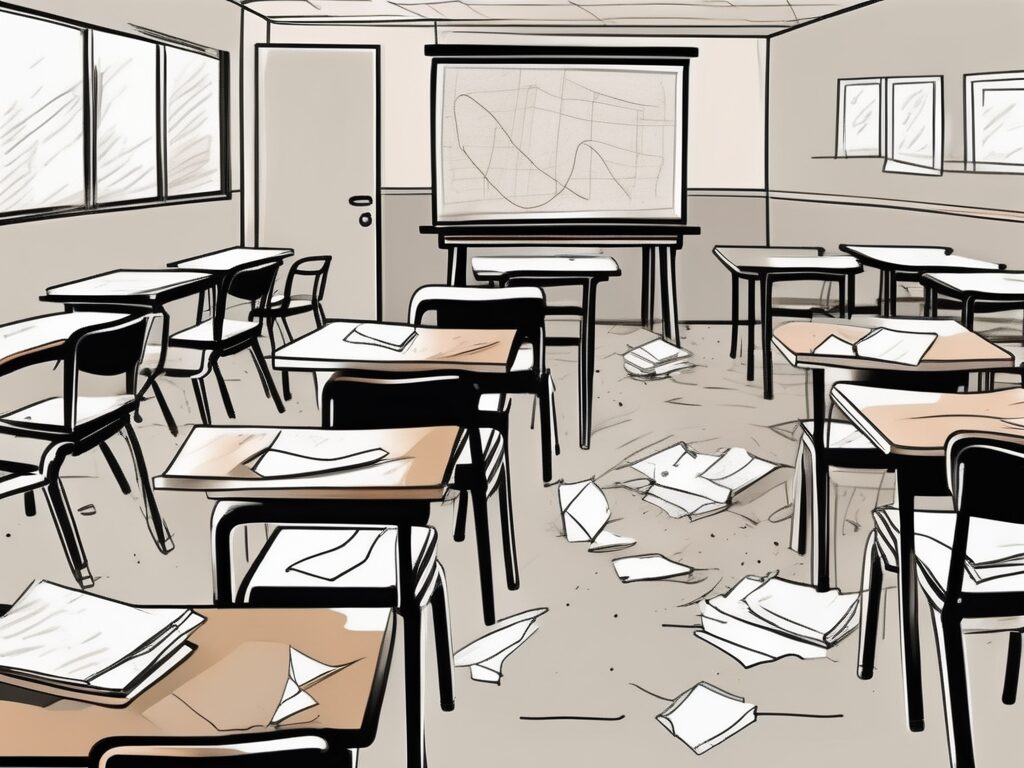Teaching is a noble profession, often dubbed as the moulders of dreams and shapers of the future. However, like any other profession, it is not without its own set of challenges. This article aims to delve into the issues faced by teachers in two diverse yet culturally rich regions – Bangkok, the bustling capital city of Thailand, and the Philippines, an archipelago blessed with natural beauty.
Challenges in Bangkok
Language Barrier
One of the most significant challenges faced by teachers in Bangkok is the language barrier. While English is taught in schools, it is not the primary language spoken in the country. This often leads to difficulties in communication between teachers and students, especially for foreign teachers who are not fluent in Thai. It’s akin to trying to solve a crossword puzzle where you don’t know half the words – frustrating and time-consuming.
Moreover, the Thai language has its unique script and phonetics, which can be quite challenging for teachers to grasp. This language barrier often hampers the teaching-learning process, making it less effective.
Large Class Sizes
Another issue that plagues the education system in Bangkok is the large class sizes. It’s not uncommon to find classrooms packed with 40 to 50 students, much like a can of sardines. This makes it difficult for teachers to give individual attention to each student, thereby affecting the quality of education.
Furthermore, managing such a large number of students can be a daunting task, leading to increased stress and burnout among teachers. It’s like trying to juggle too many balls at once – sooner or later, one is bound to drop.
Challenges in the Philippines
Insufficient Resources
In the Philippines, one of the major issues faced by teachers is the lack of resources. Many schools, especially in rural areas, lack basic facilities like clean drinking water, electricity, and adequate classroom furniture. It’s like trying to cook a gourmet meal without the necessary ingredients – the end result is bound to be subpar.
Moreover, many teachers often have to pay out of their own pockets for teaching materials and supplies, which can be a significant financial burden. This lack of resources not only affects the quality of education but also demotivates teachers.
Low Salaries
Another pressing issue in the Philippines is the low salaries of teachers. Despite the long hours and the immense responsibility they shoulder, teachers are often underpaid. This is akin to expecting a high-quality product at a bargain price – unrealistic and unfair.
This low remuneration often leads to a high turnover rate among teachers, with many leaving the profession for better-paying jobs. This not only disrupts the continuity of education for students but also leads to a shortage of experienced and qualified teachers.
Conclusion
In conclusion, teachers in both Bangkok and the Philippines face a myriad of challenges, ranging from language barriers and large class sizes to insufficient resources and low salaries. These issues not only affect the quality of education but also the well-being of the teachers themselves.
However, it’s important to remember that these challenges are not insurmountable. With the right policies, support, and resources, it is possible to overcome these issues and create an environment conducive to effective teaching and learning. After all, as the old saying goes, where there’s a will, there’s a way.
Empower Your Teaching Career with IPGCE
Understanding the challenges faced by teachers in Bangkok and the Philippines, IPGCE invites you to transform these challenges into opportunities. Our International Postgraduate Certificate in Education is tailored to enhance your qualifications, connect you with a global network of educators, and deepen your understanding of international curricula. Join the UK’s #1 Teacher Training Course and experience a significant boost in your career progression, a potential salary increase, and the flexibility to study while you work. Don’t let inadequate credentials or isolation limit your potential. Join our community and become part of the solution, shaping the future of education with confidence and support.

